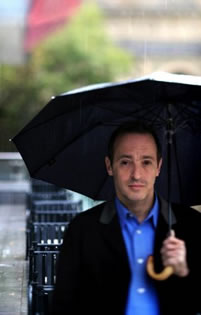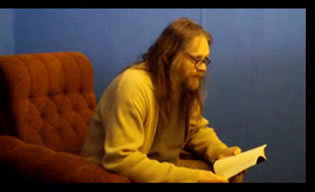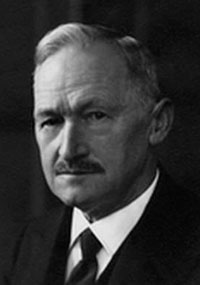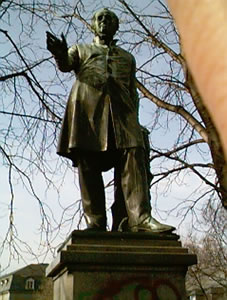Aan alle bezoekers en mede-bloggers een Prettig Kerstfeest!
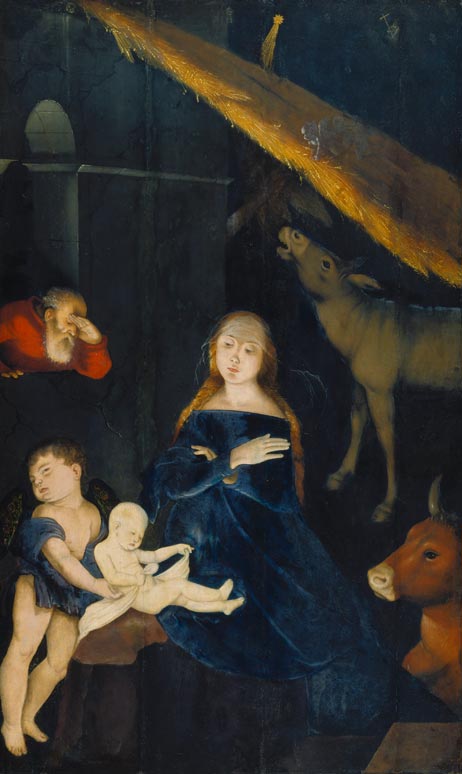
De Geboorte van Christus, Hans Baldung (Grien), 1484/85 tot 1545
Christmas in India
Dim dawn behind the tamerisks — the sky is saffron-yellow —
As the women in the village grind the corn,
And the parrots seek the riverside, each calling to his fellow
That the Day, the staring Easter Day, is born.
O the white dust on the highway! O the stenches in the byway!
O the clammy fog that hovers over earth!
And at Home they’re making merry ‘neath the white and scarlet berry —
What part have India’s exiles in their mirth?
Full day begind the tamarisks — the sky is blue and staring —
As the cattle crawl afield beneath the yoke,
And they bear One o’er the field-path, who is past all hope or caring,
To the ghat below the curling wreaths of smoke.
Call on Rama, going slowly, as ye bear a brother lowly —
Call on Rama — he may hear, perhaps, your voice!
With our hymn-books and our psalters we appeal to other altars,
And to-day we bid “good Christian men rejoice!”
High noon behind the tamarisks — the sun is hot above us —
As at Home the Christmas Day is breaking wan.
They will drink our healths at dinner — those who tell us how they love us,
And forget us till another year be gone!
Oh the toil that knows no breaking! Oh the Heimweh, ceaseless, aching!
Oh the black dividing Sea and alien Plain!
Youth was cheap — wherefore we sold it.
Gold was good — we hoped to hold it,
And to-day we know the fulness of our gain!
Grey dusk behind the tamarisks — the parrots fly together —
As the sun is sinking slowly over Home;
And his last ray seems to mock us shackled in a lifelong tether.
That drags us back howe’er so far we roam.
Hard her service, poor her payment — she in ancient, tattered raiment —
India, she the grim Stepmother of our kind.
If a year of life be lent her, if her temple’s shrine we enter,
The door is shut — we may not look behind.
Black night behind the tamarisks — the owls begin their chorus —
As the conches from the temple scream and bray.
With the fruitless years behind us and the hopeless years before us,
Let us honor, O my brother, Christmas Day!
Call a truce, then, to our labours — let us feast with friends and neighbours,
And be merry as the custom of our caste;
For, if “faint and forced the laughter,” and if sadness follow after,
We are richer by one mocking Christmas past.
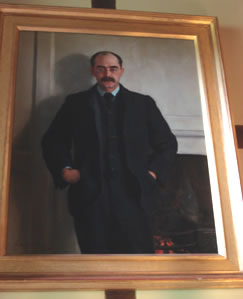
Rudyard Kipling(30 december1865 –18 januari1936)
Portret in Bateman’s, Kiplings huis in Burwash, East Sussex
Zie voor de schrijvers van de 26e december ook mijn vorige blog van vandaag en ook mijn derde blog van vandaag en ook mijn tweede blog van vandaag en eveneens mijn eerste blog van vandaag.

